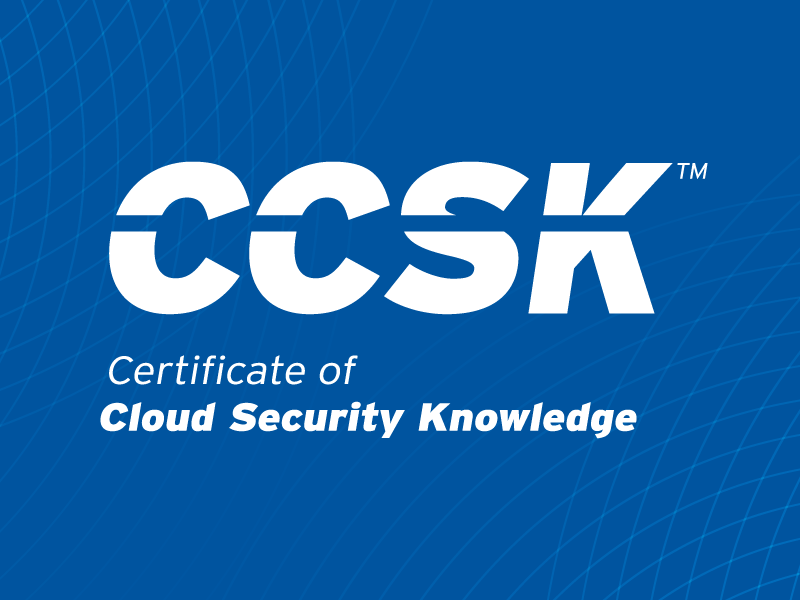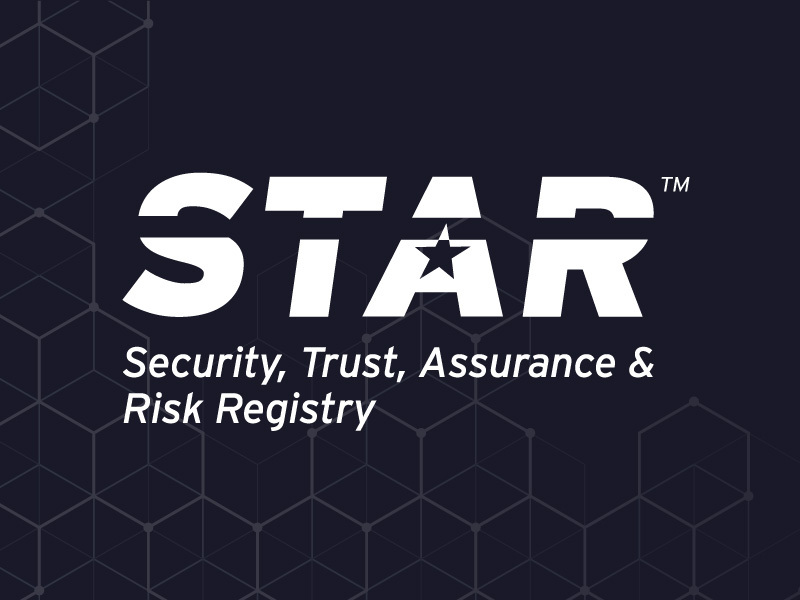The Importance of Securing Your Organization Against Insider and Offboarding Risks
Published 05/14/2024
Written by Wing Security.
Offboarding employees may seem like a routine administrative task, but the security risks it poses are anything but ordinary. In today's interconnected digital landscape, failing to properly revoke access for departing employees can lead to catastrophic data breaches, compliance violations, and intellectual property theft. Let's delve into why offboarding is such a critical security issue, explore real-world examples of companies that learned this lesson the hard way and offer some best practices.
The Impact of Mass Layoffs
The year 2024 has witnessed a wave of mass tech layoffs, already impacting over 70,000 employees across various industries. This surge underscores the urgency for robust offboarding practices to mitigate the risks associated with improper access revocation.
Offboarding responsibilities are often shared among IT, HR, and departmental managers. However, without clear ownership and consistent processes, gaps and oversights can occur - leaving the organization vulnerable to security breaches
Why Offboarding Matters
In today's digital landscape, insider risks, whether stemming from negligence or malicious intent, present significant security challenges for organizations. The potential consequences of insider threats are vast, ranging from data exposure due to negligence in offboarding procedures to deliberate abuse of access privileges by disgruntled former employees seeking retribution.
With each employee utilizing an average of 29 applications, according to Wing’s own research, the manual offboarding process becomes increasingly impractical and error-prone. Attempting to revoke access across numerous platforms and apps manually is seriously impractical, highlighting the necessity and benefits of using automation for SaaS security needs.
Risks of Poor Offboarding Practices
Data Breaches:
Failing to properly offboard employees who are leaving an organization can pose a severe risk of data breaches. When employees are not promptly de-provisioned from the company's systems, applications, and networks, they may retain unauthorized access to sensitive data, putting the confidentiality, integrity, and availability of that data at risk. Disgruntled former employees or those who inadvertently retain access could intentionally or unintentionally expose, modify, or delete critical business data, customer information, financial records, or trade secrets. This could result in significant financial losses, reputational damage, and legal liabilities for the organization.
Compliance Violations:
Improper offboarding practices can lead to compliance violations, particularly in regulated industries such as healthcare, finance, and government. Many industries have strict regulations and guidelines regarding data privacy, information security, and access control. Failing to revoke access privileges and remove former employees from authorized user lists can result in non-compliance with these regulations. This could lead to hefty fines, penalties, and legal consequences for the organization, as well as damage to its reputation and credibility.
Insider Threats:
When employees are not properly offboarded, they may become potential insider threats, either intentionally or unintentionally. Disgruntled former employees who retain access to sensitive systems and data may seek to harm the organization by sabotaging operations, stealing data, or disrupting business processes. Even if the intent is not malicious, former employees who inadvertently retain access could unintentionally expose sensitive information or introduce vulnerabilities. Insider threats can be challenging to detect and mitigate, making proper offboarding procedures crucial for preventing such risks.
Intellectual Property Theft:
Inadequate offboarding procedures can create opportunities for intellectual property theft. If former employees are not promptly removed from systems and repositories containing proprietary information, trade secrets, source code, or confidential research and development data, they may have the ability to access and misappropriate this valuable intellectual property. This could result in significant financial losses, competitive disadvantages, and legal implications for the organization, as intellectual property is often a core asset and source of competitive advantage.
By failing to implement robust offboarding processes, organizations leave themselves vulnerable to a range of risks that can have severe consequences for their operations, reputation, and financial well-being. Proper offboarding protocols are essential for mitigating these risks and protecting the organization's critical assets and information.
Automation as a Solution
The integration of automation into SaaS Security Posture Management (SSPM) has become an indispensable asset for achieving consistent and comprehensive offboarding. Automation not only streamlines the process of revoking access across multiple SaaS applications but also saves significant time, frees up resources, and mitigates the risks associated with manual errors and oversights. SSPM solutions that leverage automation can drastically save time and resources when it comes to identifying and stopping suspicious user behaviors such as mass downloads and mass forwarding rules, just to name a few.
Automation also has a role to play in tracking permissions and data sharing, as they both present formidable challenges, particularly in identifying all access granted before an employee's departure. Understanding what data has been shared by whom and with what permissions is crucial for maintaining data integrity and security.
The risk of unknown lingering access post-departure poses a significant threat. Organizations must implement mechanisms for identifying and removing access promptly post-offboarding, emphasizing the importance of auditing and continuous monitoring as essential security practices.
Unlock Cloud Security Insights
Subscribe to our newsletter for the latest expert trends and updates
Related Articles:
How CSA STAR Helps Cloud-First Organizations Tackle Modern Identity Security Risks
Published: 02/13/2026
The Great Divide: How AI Is Splitting the Cybersecurity Landscape
Published: 02/12/2026








.jpeg)
